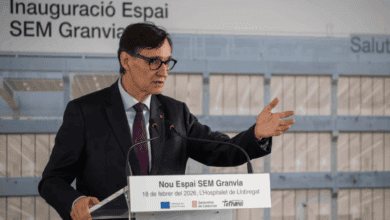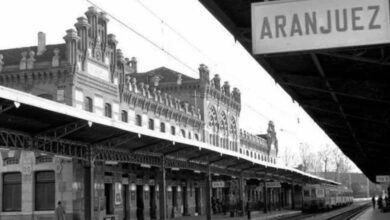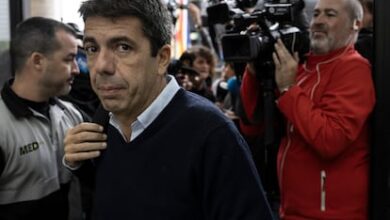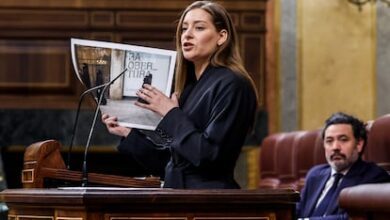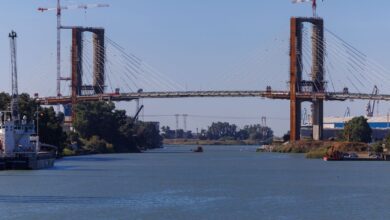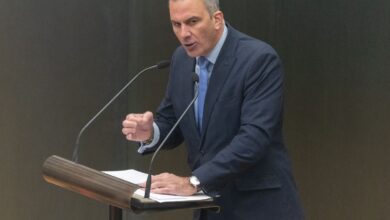
This year, the final stage of the famous cycling race Vuelta a España, which was supposed to take place in Madrid, was threatened due to large-scale protests linked to events in the Middle East. As a result, the organizers decided to cancel the race at the last moment, sparking intense debate in political circles and among city residents.
The city administration and the government of the Autonomous Community of Madrid had previously agreed to allocate nearly 400,000 euros to promote the capital through this sporting event. Of this amount, 350,000 euros were included in the city hall’s budget, and another 45,000 euros came from the regional budget. These investments were expected to bring Madrid significant international exposure and attract the attention of tourists, but these plans fell through after the stage was canceled.
The contracts signed with the race organizers clearly stipulated that payment would be made only after the event was held and all conditions were confirmed. Now both parties are trying to determine whether it is possible to recover the funds spent, or at least part of them, since the main goal—extensive promotion of the city—was never achieved.
The situation quickly escalated into a political conflict. Madrid Mayor José Luis Martínez-Almeida and the head of the autonomous community, Isabel Díaz Ayuso, both representing the Partido Popular, used the cancellation of the race as an opportunity for renewed attacks on the central government and Prime Minister Pedro Sánchez personally. In their statements, they alleged that the national leadership’s support for the protests had supposedly provoked the unrest and damaged Spain’s image.
In response, representatives of the central government reminded that it was the regional leaders who had actively supported Israel’s actions in recent weeks, which, in their view, was one of the reasons for the escalation of tensions. As a result, instead of the anticipated sporting celebration, Madrid found itself at the center of a political and social scandal, and the fate of almost 400,000 euros remains unresolved.
The contracts included not only advertising and logo placement but also the organization of VIP areas, the publication of promotional videos, and other activities meant to highlight Madrid’s status as one of Europe’s leading cities. However, these plans now remain only on paper, and the authorities are forced to look for ways out of the current situation.





